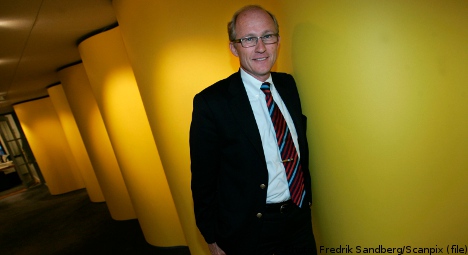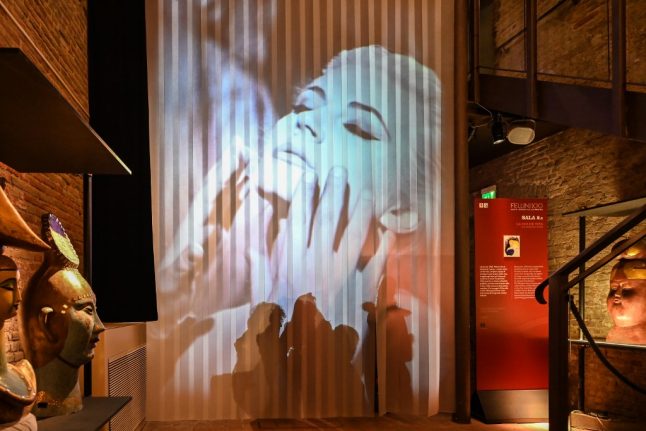The mass resignation comes a day after the organisation announced an accelerated closure settlement of its trading portfolio of 1.23 billion kronor ($158 million) in the second quarter, including the 297 million kronor loss announced earlier this month.
“The closure of the trading portfolio was very costly,” wrote HQ acting president and CEO Stephen Dahlbo. “It was, however, of the utmost importance to quickly be able to put the uncertainty and worries behind us.”
“Based on a stable financial position and a low level of risk we will now be able to place all resources on strengthening HQ’s value proposition and thereby creating added value for our clients, employees and shareholders,” he added.
HQ has received an advance of 235 million kronor from Öresund and several individual shareholders for a forthcoming new rights issue that is intended to be conducted in the autumn.
This advance was provided to HQ “to strengthen the capital base and capital adequacy until the planned new rights issue has been completed,” the company said.
In addition, Öresund has converted a fixed-term subordinated debenture to HQ of 150 million kronor into a perpetual subordinated debenture. It also received a perpetual subordinated debenture of 21 million from Mats and Eva Qviberg.
At the request of Öresund, an extraordinary general meeting will be held to elect HQ’s new board.
“All directors will in conjunction with the meeting vacate their positions,” HQ said in a statement.
HQ has hired a lawyer for a thorough review of its trading operations. This audit will be completed before the extraordinary general meeting.





 Please whitelist us to continue reading.
Please whitelist us to continue reading.
Member comments